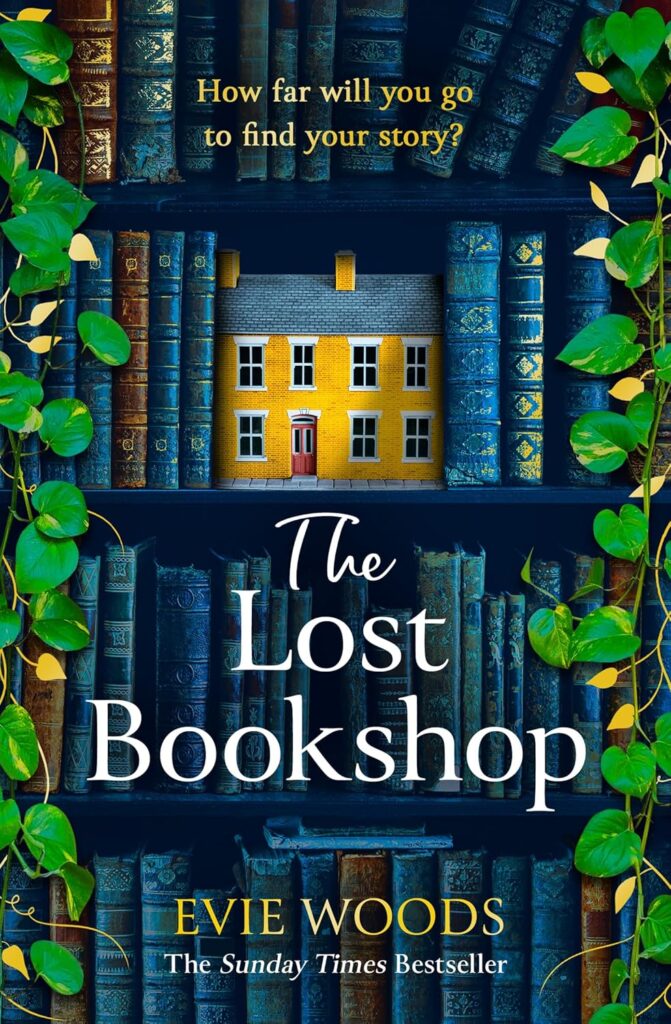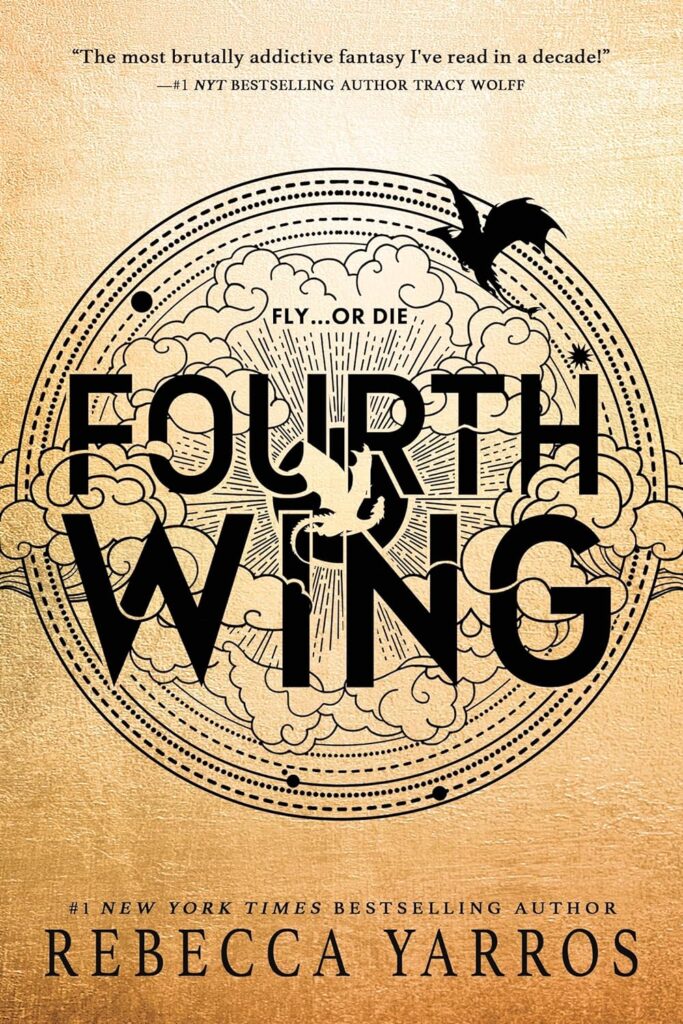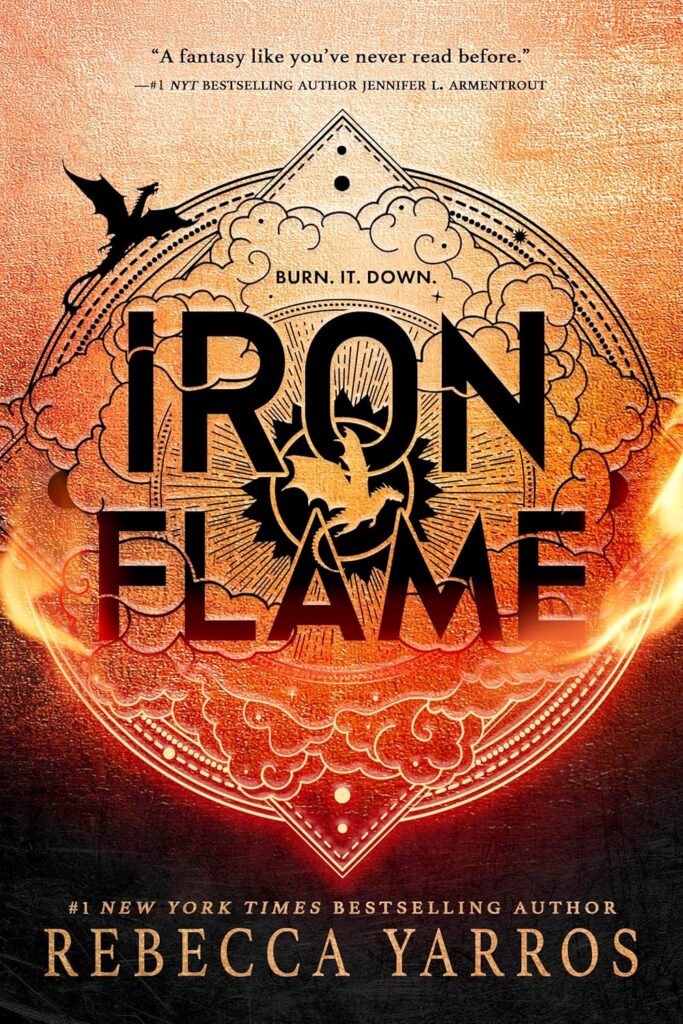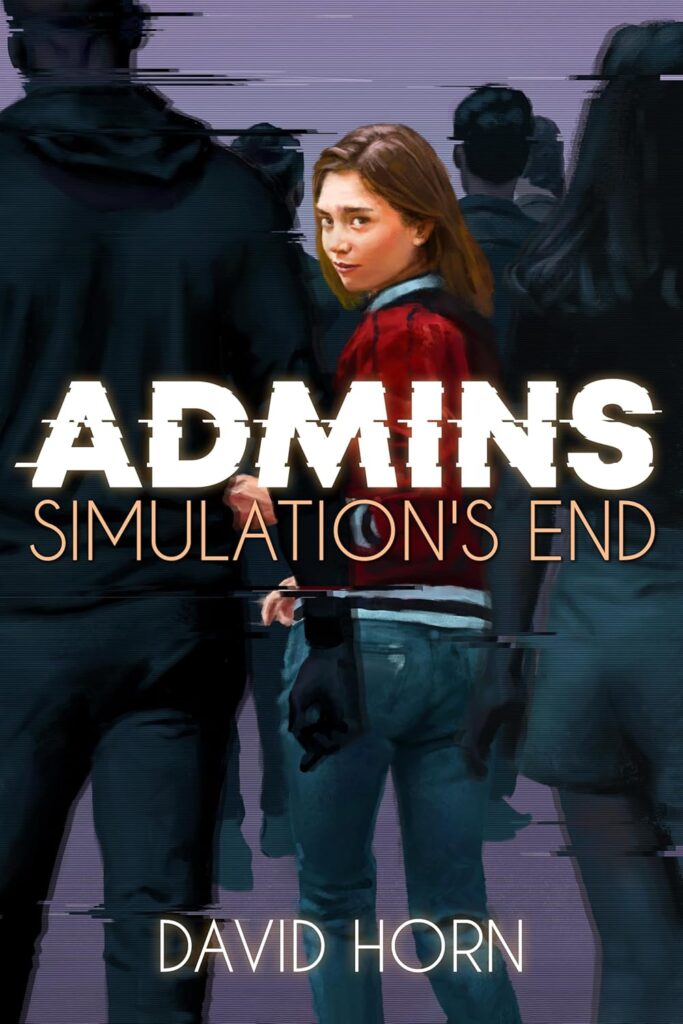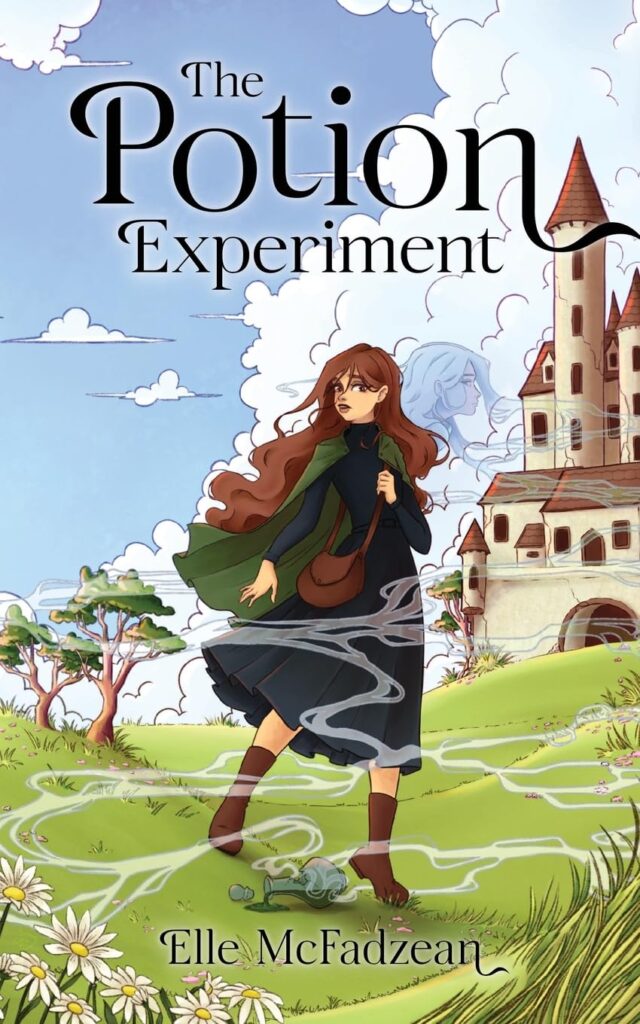Invisible Girl by Lisa Jewell is a beautifully crafted psychological thriller that explores the delicate intricacies of human relationships, societal biases, and the aftermath of trauma. The story takes place in a disturbingly normal London suburb, revealing the intertwined lives of Saffyre Maddox, Owen Pick, and the Fours family, and held my attention from the first page.
Jewell’s strength as a writer is showing her characters’ vulnerabilities and flaws will make the characters poignant and therefore relatable.
Not only does Jewell set up an engaging mystery, but she builds a layered story where readers are compelled to confront biases, the trustworthiness of perceptions, and the grey area between victim and perpetrator.
Centered on themes of isolation, alienation and the judgment of a society, Invisible Girl is both an entertaining and thought-provoking read, further solidifying Jewell’s position as a contemporary queen of psychological suspense.
Overview of the Plot
The story opens with the disappearance of Saffyre Maddox, a troubled but talented teen who had a difficult upbringing. In an alternating narrative, it follows Owen Pick, a socially awkward and ostracised thirty-something, and the Fours family—Roan, Cate, and their children—who appear to lead an ideal suburban life, but the cracks are starting to show.
Jewell takes a dual perspective approach to telling a tale that is as much about uncovering the mystery of what happened to Saffyre as it is about the larger psychological and social issues.
Saffyre Maddox
Saffyre is revealed as a young woman struggling to cope with the wounds of childhood trauma. Years of neglect and abuse followed, but therapy sessions over the last two years with her psychologist Roan Fours, brought stability internally and externally. But when Roan cuts off their sessions without a warning, Saffyre feels adrift and abandoned.
Her choice to follow Roan and watch his family is motivated by equal parts curiosity, desire and closure; it is a way for her to reconnect with the family she lost so long ago.
It is a powerful look into the way trauma impacts the sense of self and the way one acts in the world through the lens of Saffyre. A survivor—and Jewell is not revealing a victim, but rather a survivor —adaptable, clever, and driven, Yet Saffyre observing the Fours family is a spine of the narrative for her findings unravel the hypocrisy and underlying tensions in their perfect lives.
Owen Pick
Saffyre’s character is in many ways a foil to Owen’s. At 33 years old, a virgin living with his aunt, Owen is acutely aware of the fact that he never gets invited to parties and hasn’t made many friends. Here he is presented as an outsider, socially awkward and lonely, slowly becoming bitter about the way the world sees him.
Because Owen lives close to the scene of the crime and is seen as an easy scapegoat, he becomes the prime suspect when Saffyre disappears.
Jewell uses Owen’s story to examine the collateral damage of judgment, and Owen’s journey tells us that the truth can become secondary to prejudice, and that isolation breeds both vulnerability and rage. Even when Owen has his weaknesses, he is human which makes him both appealing and heartbreaking.
The Fours Family
The image of suburban perfection is embodied in the Fours family. The psychologist, Roan appears to be the ultimate in charisma and success, but his relationship with Saffyre and with his own family show a more sinister side.
His wife, Cate, is a deeply devoted mother who is grappling with her suspicions surrounding Roan’s infidelity and honesty. We explore how their children, Georgia and Josh, add nuance to the family dynamic, with Georgia’s anxiety and Josh’s commentary shining light on their family life.
The weight of keeping up appearances and the impact on interpersonal relationships is a central theme of Fours. This is part of the originality of Jewell in her work as she creates a layered portrait of the family that demonstrate how surface secrets and lies can lie for some time under the visible surface until it reached the point of no return.
Themes and Symbolism
Trauma and the Long Road to Healing
The trauma, or the residual effects of trauma, is a recurring theme in the story and of course sparks the heart of the novel Invisible Girl which is its journey towards healing. Although the trauma of neglect and abuse left paths for pain on Saffyre, they also honed her into the fiercest of weapons.
Through Roan, we see both the promise and the limitations of therapy; a reminder of the need we all have for human connection that cannot be replaced by a professional (even a good one).
The Dangers of Prejudice and Assumptions
Owens is not only her own story but the story of many like her where Jewell highlights the judgement of society. The disappearance of Saffyre brings Owen, who is an awkward man and doesn’t fit into society’s boxes, into the limelight as an easy target. In his journey, Jewell critiques a society that often makes snap judgements based on the most superficial of traits, revealing the damage that prejudice does.
The Power of Observation and Perspective
As such, Saffyre is not just an observer but a symbol of perception as opposed to reality. Through her observations of the Fours family, she reveals truths hidden to themselves and to the reader, forcing the reader to confront their own biases on her characters.
We see this reflected in the narrative structure itself, which Jewell seems to have purposely set up to provide layers to the story.
Loneliness and Connection
Another theme that recurs throughout the novel, affects all four of the main characters in different ways, is loneliness. Saffyre is isolated and wants to become close to the Fours family and Owen is alone and resentful and mistrusting of everyone.
The Fours family are also not so fortunate in their emotional intimacy, united on the surface but riven underneath by collective estrangement and a repressed family history. Jewell also examines the theme of loneliness as a source of emotional richness, making the story feel intimate.
Writing Style and Narrative Structure
Lisa Jewell writes in a descriptive but readable style with plenty of dialogue interspersed, punctuating the psychological motivations behind the actions of her characters. Her writing in Invisible Girl is easy and moorish, you can fall into the story/setting without realising you have been submerged.
One of the things the novel does exceptionally well is balance character-driven storytelling alongside an almost breathless plot, and Jewell certainly has a knack for that balance.
Saffyre, Owen and Cate share a style of alternating chapters and offer distinctly different points of view. Jewell weaves multiple perspectives in this way so that the story can embrace a whole layer of complexity and each character can have an interesting inner life reflecting on the mystery so to speak.
The setup also creates suspense, because we are forced to assemble the puzzle pieces from each persons perspective.
Strengths of the Novel
Complex and Relatable Characters
One of Jewell’s biggest writing strengths, in this latest novel as well as in many of her previous books, is the ability to write characters who come alive on the page. All of these aspects of Invisible Girl are relatable and human; the flaws, vulnerabilities, struggles and triumphs of each character make the reader feel in awe of and for them, as being strong samurai girls themselves.
Jewell steers clear of black- and white morality, portraying her characters as complicated, nuanced people shaped by their circumstances.
Socially Relevant Themes
Jewell’s handling of mental health, the specter of judgment, and the stigma of certain behaviors enhances the story. These themes are related to topical issues that make the story both entertaining and conceptual in nature.
Engaging and Suspenseful Plot
Its pacing and suspense are well-executed, with twists and turns that will have readers on the edge of their seats.
How Jewell sustains the tension without falling into the traps of lazy storytelling or displayed gore, however, is to be applauded. It trickles out the secrets, so you have a vested interest in reading all the way through.
Insightful Social Commentary
The story is even thicker with the weight of Jewell’s criticism of societal norms and prejudices. By writing characters like Owen and Saffyre, she forces you to confront your own prejudices and assumptions, which makes it ultimately a very thought-provoking novel as well as fun to read. (Extract from the novel: ‘The Other People’, 2020.)
Areas for Improvement
Now, Invisible Girl is a superbly well done book, but personally, I found a few elements wrapped up a little too quickly for my liking in the end. Some questions remain unanswered, and the resolution of major plot threads is handled too abruptly.
Not only was Owen a well developed character, but I feel like this book could do so much with themes of loneliness/alienation.
The multi-point of view in the novel creates mounting suspense but sometimes it interrupts the rhythm. The switching between characters may feel jarring to some readers, especially during the early chapters.
Conclusion
Invisible Girl by Lisa Jewell is a psychological thriller about relatable characters, an intense plot, and heavy themes, so this book felt like it was well-crafted; all three elements came together to form this novel.
With Jewell delivering a real page-turner while navigating social issues that rarely allow for such a convincing thriller, its original and overall one of the best in the genre. Invisible Girl is entertaining and thought provoking, as it tackles trauma and prejudice and the darkside of suburbia.
Invisible Girl is one you can leave on the to-be-read pile, regardless whether you know your psychological thriller ingredients or whether you are completely new to the genre.
Once again proving herself to be one of the best writers in the current fiction landscape Lisa Jewell’s newest novel is every bit as touching as it is gripping.
